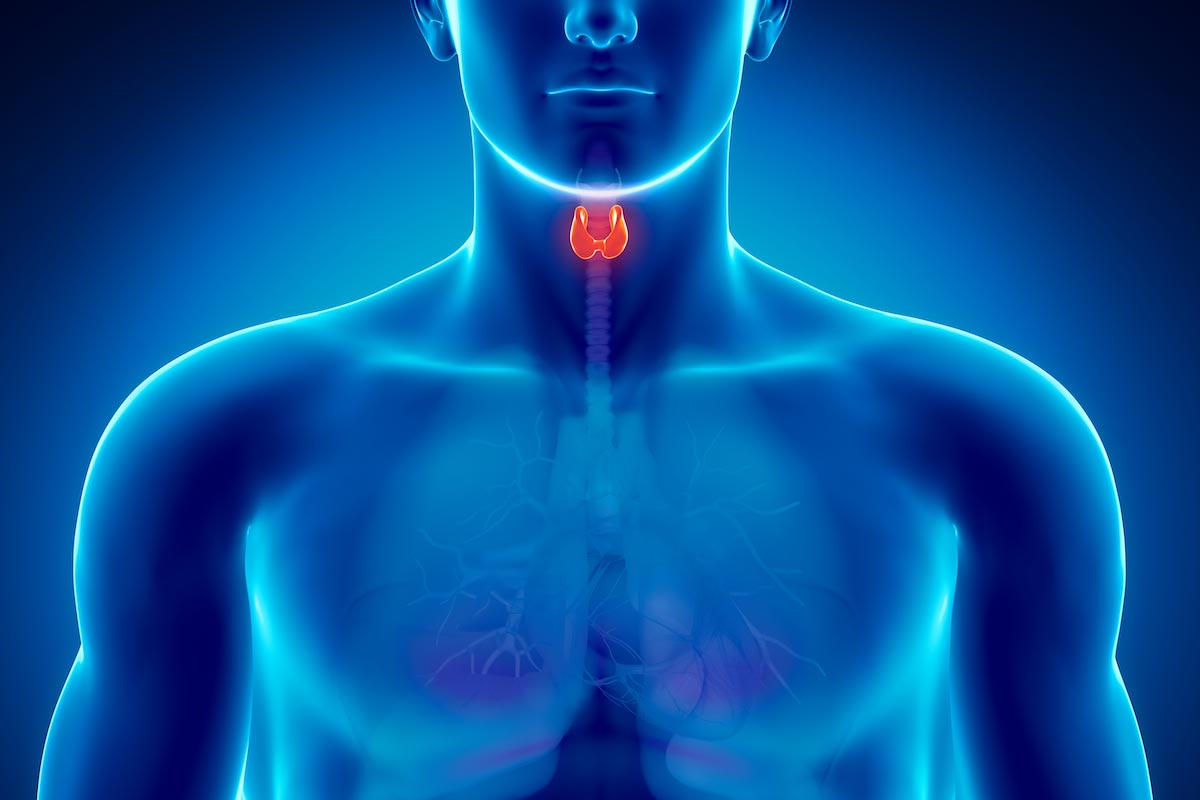Clinical tests reveal that black cumin seed (Nigella Sativa) may treat hypothyroidism
04/11/2017 / By Earl Garcia

Consuming a few grams of powdered Nigella sativa (NS), more commonly known as black cumin seeds, may improve the autoimmune thyroid condition known as Hashimoto’s thyroiditis, according to a study published in the journal BMC Complementary and Alternative Medicine.
Hashimoto’s thyroiditis is the most common form of thyroid gland inflammation. It is also the most common thyroid disorder in the U.S. In fact, the disease affects 14 million people in the country alone. Data also showed that the condition will affect about five percent of the U.S. population. Hashimoto’s thyroiditis was 15 times more prevalent in women compared with men. Women aged between 30 to 60 years had the highest prevalence of the condition.
Researchers examined 40 patients with Hashimoto’s thyroiditis aged between 22 and 50 years old, and stratified them in two groups. One group received two grams of powdered encapsulated black seeds, while the other took two grams starch placebo daily for eight weeks. Data showed that patients who received powdered black seeds displayed significant decreases in body mass index (BMI) compared with those who took the placebo pill. The study also revealed that patients who took the black seed supplement exhibited marked reductions in serum concentrations of thyroid stimulating hormone and anti-thyroid peroxidase antibodies at eight weeks of intervention. In addition, patients in the intervention group showed a notable decline in serum vascular endothelial growth factor levels. Researchers also highlighted a significant increase in triiodothyronine concentration in patients who received powdered black seeds. However, the experts did not observe a similar effect in patients who took a placebo pill.
“Our data showed a potent beneficial effect of powdered Nigella sativa in improving thyroid status and anthropometric variables in patients with Hashimoto’s thyroiditis. Moreover, Nigella sativa significantly reduced serum VEGF concentrations in these patients. Considering observed health- promoting effect of this medicinal plant in ameliorating the disease severity, it can be regarded as a useful therapeutic approach in management of Hashimoto’s thyroiditis,” the researchers said.
Researchers said more studies are needed to confirm whether black seed powder is beneficial in thyroid disease management.
The recent results were reflective of findings from two animal studies that examined the compound’s efficacy in improving thyroid function. A study published in the Irish Veterinary Journal found that the extract may helped increase serum triiodothyronine concentrations and reduce blood sugar levels in diabetic rabbits. The findings suggest that undergoing oral NS treatment may help cut down diabetes-related disturbances of thyroid hormone metabolism, researchers noted.
Another study showed that black seed supplementation significantly increased LH, Estrogen T3 and T4 levels in female rats. In addition, the extract helped reduce the levels of thyrotropin in the animal. The findings were published in the Journal of Contemporary Medical Sciences.
The many health benefits of black cumin seed
Aside from its beneficial effects on the thyroids, black seeds were also shown to alleviate autoimmune disorders and may potentially fight cancer. The seeds were also sought after treatments for respiratory conditions including asthma, bronchitis, and cold symptoms. Black seeds were also found to be effective in calming the body’s nervous system, promoting urine production, and improving digestion.
The seeds have also been touted by many as the quintessential remedy for everything but death. The seeds were so potent that 656 peer-reviewed studies demonstrating its healing properties have been published since 1964, GreenMedInfo.com reports. According to the website, black seeds may potentially be beneficial to more than 40 health conditions.
According to the report, black seeds contain analgesic, anti-bacterial, and anti-inflammatory properties. The compound may also boost insulin sensitivity and treat hypotention.
Sources:
Tagged Under: black cumin, black seed, thyroid, thyroid health



















